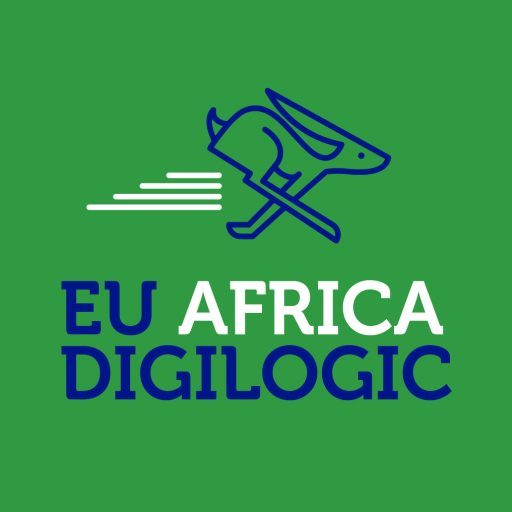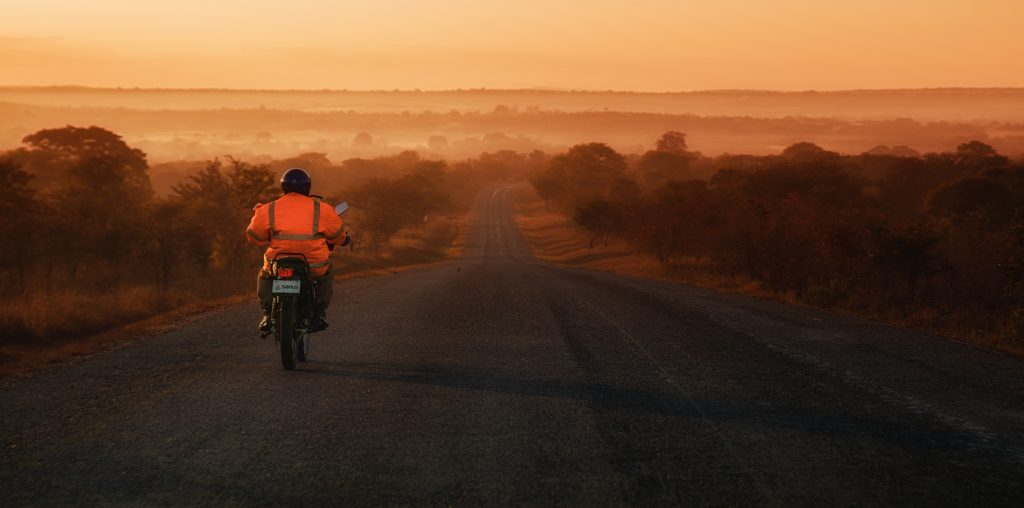Over the last two decades, motorcycle and motorised three-wheeler taxis have become important means of transport in many sub-Saharan African countries, including in rural areas. However, the emerging role of mobile phone technology in improving mobility in rural areas is currently under-explored in the literature. This paper presents the findings of a small-scale research study that was undertaken into the use of mobile phone technology in the context of motorcycle and three-wheeler taxi use, and its potential to improve rural access. Informed by a literature review, the research focuses on four countries: Kenya, Rwanda, Tanzania and Uganda. Semi-structured interviews and focus group discussions were conducted with riders of motorcycle and motorised three-wheeler taxis and the developers of mobile phone-enabled transport technologies. Mobile technology linked to the utilisation of motorcycle and three-wheeler taxis is increasing, but ‘ride-hailing’ applications (apps) are likely to be limited to urban areas for the foreseeable future due to various disincentives to their use in rural areas. The study identifies several promising innovations that combine the use of motorcycles and three-wheelers with mobile technology to increase rural people’s access to essential services and opportunities. These have the potential to be scaled up or expanded to other countries.
The study was led by Darren Divall, Tendayi Kureya, Tom Bishop, Caroline Barber, Cathy Green & Sam Clark.


